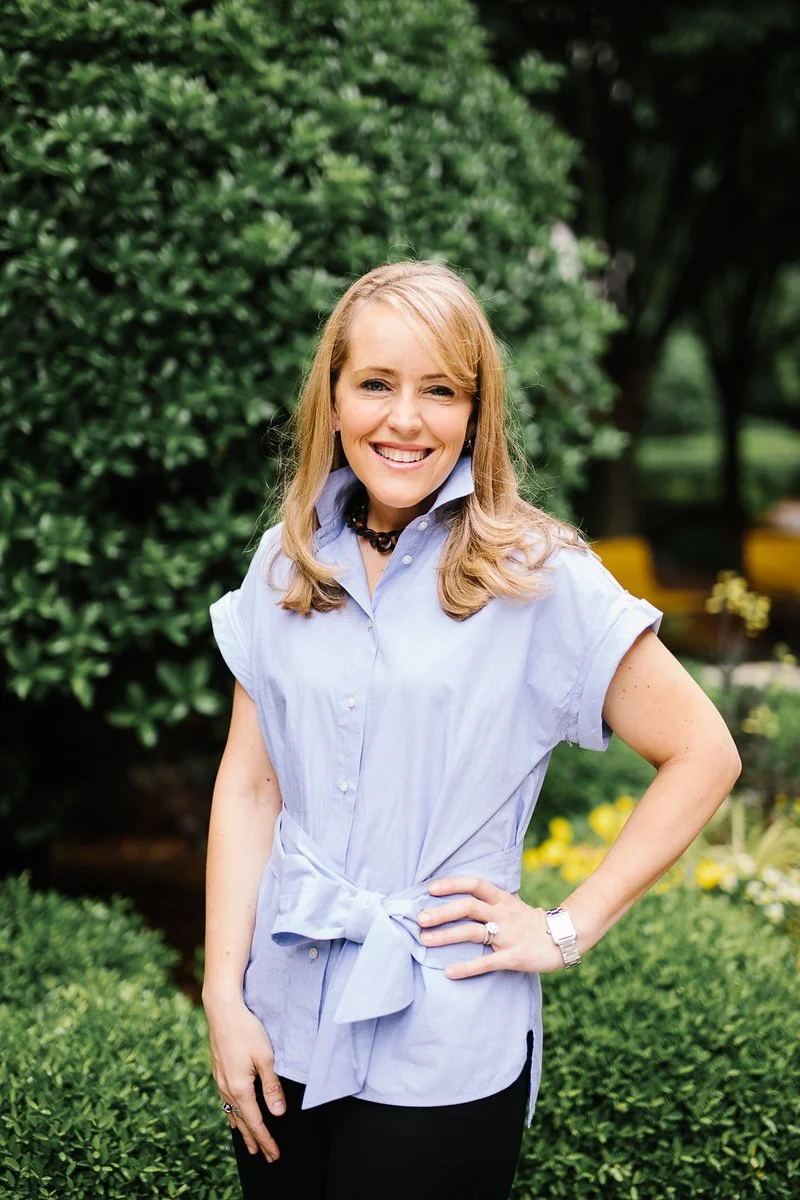Faith, God, and OCD
When we think about OCD, we often think about the stereotypical person who is a perfectionist, has a color-coded closet, and is easily annoyed if something is out of place. I often hear "I'm so OCD" but people often misunderstand that just because you are tidy doesn't mean you have OCD. If it was that minimal, those of us who had it would be relieved!
OCD can focus on cleanliness but it can also obsess over contamination, specific rituals, and even faith. As a therapist who specializes in OCD and also has it, I've observed that OCD will often be focused on something that is a threat to something very important to them. The obsessions are unwanted and intrusive thoughts that cause intensely distressing feelings. Compulsions are thought behaviors or physical actions done to attempt to get rid of distressing thoughts and feelings. This constant obsessive and compulsive loop is caused by a misfiring in one's brain where different parts of the brain don't communicate properly. Essentially, it's like a fire alarm is being pulled in the brain but there is no smoke or fire. The brain says the person with OCD is in danger or something bad is happening when in reality, nothing is wrong.
For someone who has scrupulosity, faith-related OCD, when their brains misfire, they believe that God is mad at them, that they have done some unforgivable sin or that they are eternally damned. These obsessions can hit at any time and can be intensely upsetting. For me, as an elementary-aged kid, while most of my friends were singing new kids on the block songs, I was repeating the same prayers 50 times an hour just so I could "get it right" and feel at peace, at least momentarily. It can be so easy to believe that the OCD thoughts are actually from God. So when you are questioning the OCD, it can feel sacrilegious and like you are questioning God himself. Having walked through my own mental gymnastics as a kid, I can attest that untreated OCD can feel like a literal prison daily. While my friends were worried about the spelling bee, I was obsessing over eternal damnation if I didn’t confess everything I’d ever done wrong. It sounds crazy but when it’s the life you’ve known, you don’t know anything else.
How do you identify if you have scrupulosity? I love what expert Dr. Bubrick suggests “If you want to pray because it brings you peace and you feel connected, that’s wonderful. But if you are praying because you fear if you don’t then you’ll be punished, then maybe that’s more OCD.” If this sounds similar to what you've experienced or if it sounds like someone you love, check out this list below for some additional behaviors often found with Scrupilocity.
Conducting prayers for a certain number of times or until they are done perfectly
Doing certain actions or prayers over and over and only stopping until a "magical number" is reached
Believing that an intrusive and unwanted thought could cause harm to God or others
Canceling a "bad" thought or work with a "good" thought or word over and over
Confessing every thought and action over and over to a family member until the person "feels right" again
Thankfully, OCD has been well researched and cognitive behavioral therapy (CBT) has been proven to significantly help those with OCD. By using CBT and ERP (exposure and response prevention therapy), I'm able to help clients learn to identify and address their OCD thoughts so that it doesn't continue to take over their lives. Clients also learn about how their brain works and understand what is happening on a neurological level so they don't just think they are "going crazy" when they have obsessions or compulsions. Since scrupulosity and OCD can be very nuanced, those suffering from it must go to someone who specializes in treating it. Just like you wouldn't want to see a generalist for a stomach ulcer, you don't need to see someone who is unfamiliar and untrained to treat your OCD. At Simplify LIfe, we have not only the psychological training to treat OCD but also the theological training to help patients address their faith-related obsessions and compulsions in order to experience greater relief. If you or someone you love has scrupulosity, we would love to help you experience greater freedom.
Please don't hesitate to reach out to us by emailing us at: Bookkeeping@simplifyatlanta.com


